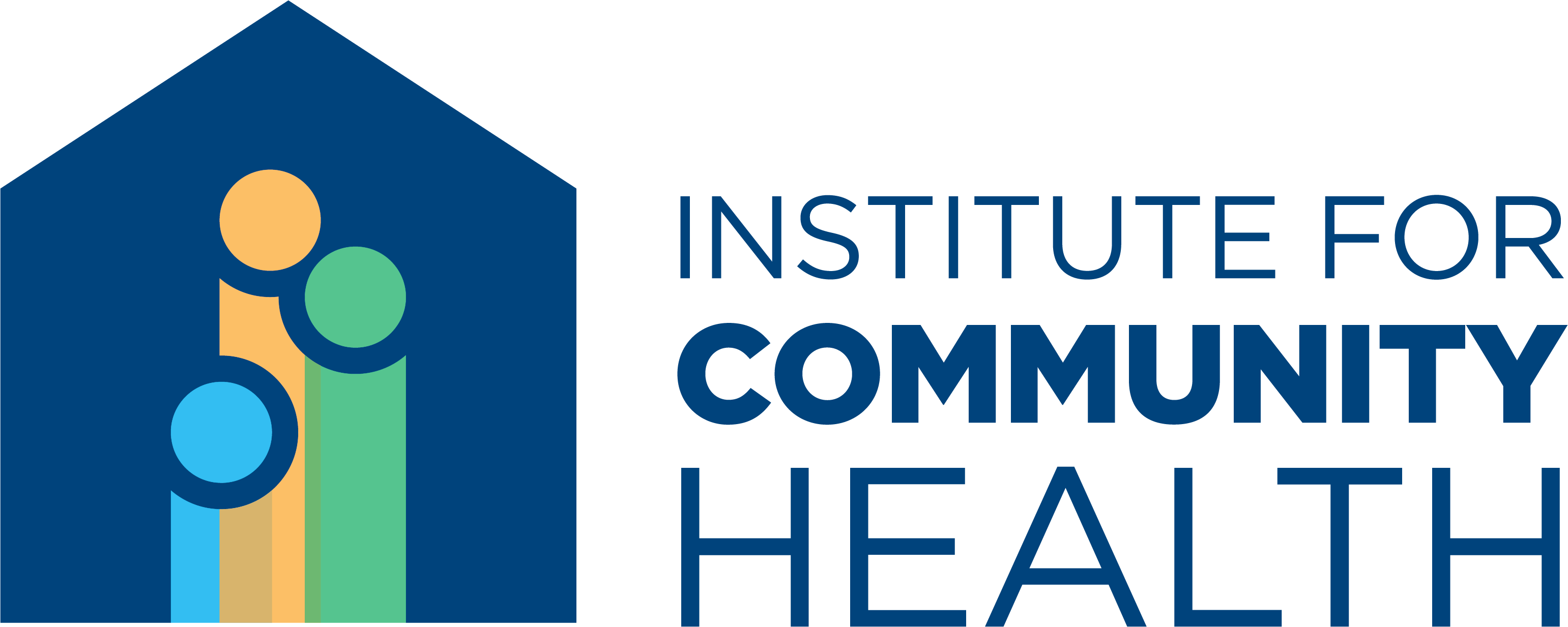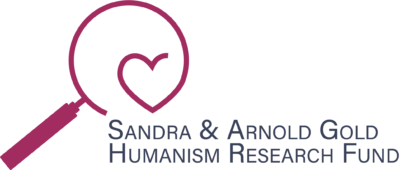Sample of Grants Recently Awarded

The on-going COVID-19 pandemic has significant emotional impact on the healthcare workforce, which can negatively affect the clinical care provided to people in our community. Many health professionals experienced significant burnout even prior to the pandemic.
Beginning September 2020, with support from the Healthcare Foundation of New Jersey (HFNJ) we piloted an evidence-based, worksite-based, peer support program for faculty physicians at Rutgers New Jersey Medical School (NJMS) and Robert Wood Johnson Medical School (RWJMS) to support their well-being and consequently their ability to provide excellent patient-centered care during this crisis and beyond.

The first known art museum-based health professions education fellowship recently graduated a pilot cohort of 12 international and interdisciplinary fellows. The fellowship program emerged along with growing national and international recognition of the importance and power of integrating the arts and humanities in health professions education. The fellowship ran from January-May 2019, and included two in-person immersive learning experiences at the Museum of Fine Arts, Boston, as well as many virtual learning opportunities. Each fellow developed an art museum-based educational project to be implemented and evaluated at their home institution.

MySafeRx is an integrated mobile platform combining medication adherence monitoring and compassionate, motivational mobile recovery coaching designed for treating opioid use disorder and reducing opioid overdoses. The MySafeRx intervention uses an Android mobile device application to integrate four key components into a novel platform for delivering remote, directly observed medication adherence monitoring of Buprenorphine (BUP) to individuals with opioid use disorder. These key components include the following: (1) mobile-based, confidential text messaging; (2) a secure electronic pill organizer system; (3) videoconference-based coaching with daily brief motivational interventions using humanistic, empathic and compassionate motivational interviewing techniques, and 4) a standardized protocol for supervised self-administration of medication and notification of clinicians when medication is not taken.
